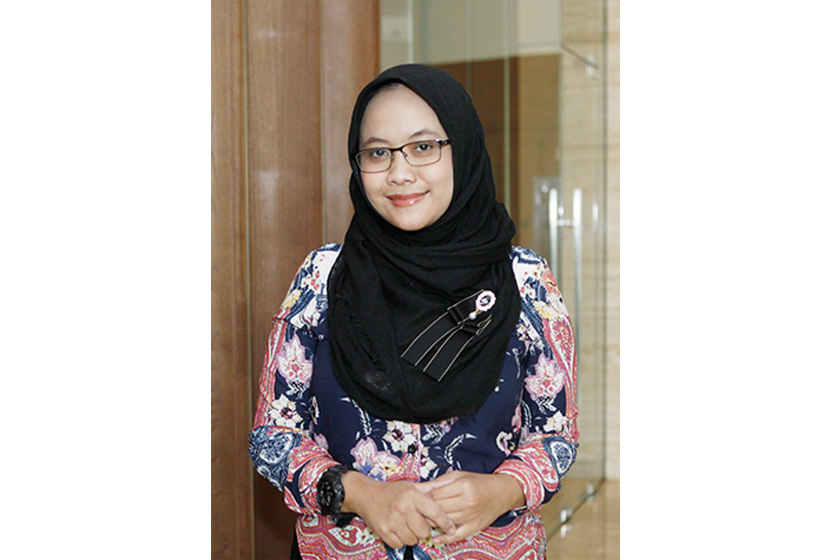
22 October 2019
Inclusivity through recycled materials
A Training of Trainers program teaching people with disabilities how to recycle plastic and paper wa... Read more
The Australia Awards are prestigious, transformational scholarships and short courses offered to emerging leaders for study, research and professional development in Australia

09 October 2018
 Accessible Drinking Water for Primary Schools Students in Fakfak, West Papua
Accessible Drinking Water for Primary Schools Students in Fakfak, West Papua
Project Leader: Mrs. Atin Prabandari
University of Origin: Australian National University
Collaborating Organisations: -
Project Locations : Papua Barat
Activity Type : Community development activities
Sector : Water and sanitation Public health, Education and training
Project Rationale:
Access to safe and clean drinking water is recognized as a basic human right. More than 27 million Indonesian lack safe water and 51 million lack access to improved sanitation facilities. Indonesia was not on track to meet safe drinking water and sanitation target under MDGs. On many remote islands, the availability of water still is the primary challenge people face on a daily basis.
Adequate water consumption is also absolutely critical for the survival and healthy development of children. Children in Indonesia spend one-third of each day, six days a week, in school. Currently, very few schools in Indonesia have the resources available to supply school children with the requisite daily amount of clean drinking water. And very little attention goes to the access for drinking water at the school in Indonesia.
The lack of awareness for children to drink water during school has become a problem which needs to be solved. Also, there is no accessible drinking water at school. The consumption of sugary drinks that sold in school canteen or around the school is not healthy for the students. Moreover, constant use of single-use plastics from a bottle of water or sugary drinks on plastic glass will add more to the environmental problem.
Project Description:
This project will install the drinking water filter in 8 schools in Fakfak, West Papua. The aim is to ensure access to safe, consistent, accessible drinking water for pupils during school hours.
The first phase of implementation is to have meetings with targeted schools and other related government departments to explain about the program and to get their permission. We will try to get the schools commitment through a Memorandum of Understanding (MoU).
The second phase is water filter installation, this installation is provided in tandem with an intensive educational program on water, sanitation, hygiene, and environment issue given regularly throughout one year at each school. The project will provide training for the teachers as well. To make sure the program is sustainable, together with teachers, students and parents, we will form the water committee at school. Also, we will ask a small contribution from the student for the continuation of this program which will be discussed and managed by the school water committee.
The last phase is getting successful stories from the initiatives and for the long-term lasting impact, we will also lobby the Education Department and other related stakeholders at the district level to showcase the success stories of the project. The aim of the lobby is to bring the importance of accessible drinking water at school and pushing it into policy for a wider impact.
Project Beneficiaries:
There will be 18 teachers involved in 8 partner schools to improve the environmental awareness and access to drinking water for the students. There will be 2000 children from 8 targeted school as our direct beneficiaries to address the environmental education and healthy lifestyle. There will be 8 water committee consist of 2 of teachers, 1 of parents' representatives and 1 collaborative partner.
Priority Development Area:
Economic institutions and infrastructure
Links with Australia:
-
Share this article on:
 Related Articles
Related ArticlesThis website uses cookies to improve your website experience. We may also use cookies to analyse website data so that we can improve our online services. To find out more visit our privacy policy.
